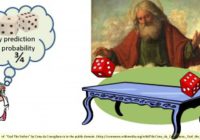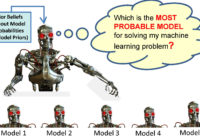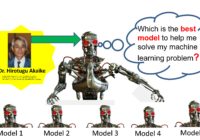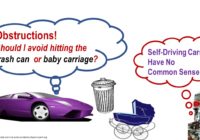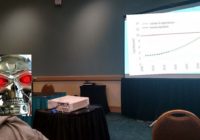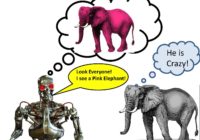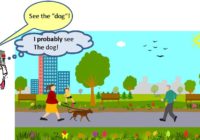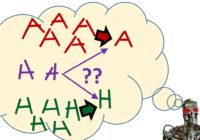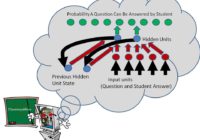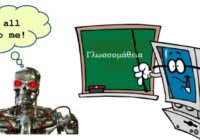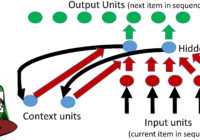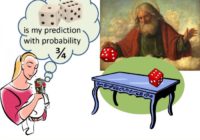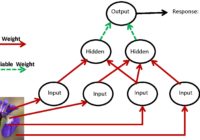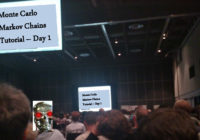LM101-055: How to Learn Statistical Regularities using MAP and Maximum Likelihood Estimation (Rerun)
Podcast: Play in new window | Download | Embed
LM101-055: How to Learn Statistical Regularities using MAP and ML Estimation Episode Summary: In this rerun of Episode 10, we discuss fundamental principles of learning in statistical environments including the design of learning machines that can use prior knowledge to facilitate and guide the learning of statistical regularities. Show Notes: Hello everyone! Welcome to the tenth podcast in… Read More »
